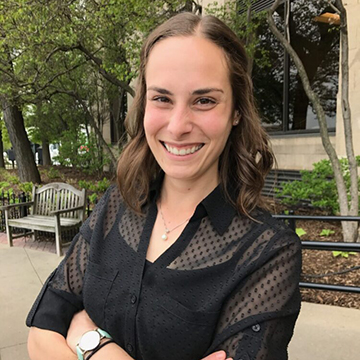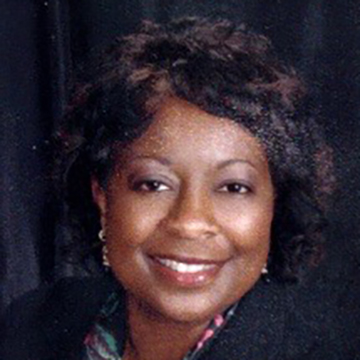K23 Awarded to Explore Depression, Hypertension
Community-academic partnership fueled by ARCC continues to grow
According to the Centers for Disease Control and Prevention, nearly one in two African American adults will suffer from hypertension at some point in their life. The fact that high blood pressure and depression can be intertwined is a reality Diana Ingram and Michelle McCullough see Chicagoans live through daily on the city’s south side.
But there’s hope. Promising findings suggests that treating depression can also serve to improve blood pressure control.
Co-led by Ingram, McCullough, and Northwestern’s Allison Carroll, three years of collaborative work have built foundational knowledge on possible treatment techniques. Now, the research has resulted in new funding from the National Heart, Lung, and Blood Institute.

This NIH K23 Career Development Award is an important launchpad for my career, as it offers protected time for research, training, and professional development.”
“This NIH K23 Career Development Award is an important launchpad for my career, as it offers protected time for research, training, and professional development,” says Carroll, PhD, research assistant professor in Psychiatry and Behavioral Sciences. “It will also continue to support my community partners and the work we have started together to promote emotional stability on the south side of Chicago.
Previous projects supported by an Alliance for Research in Chicagoland Communities (ARCC) Partnership Development Grant in 2021 and an ARCC Research Pilot Grant in 2022 were foundational to Carroll’s K23 application. During the one-year partnership development period, the study team assembled a Community Advisory Board (CAB) that helped develop a shared understanding that physical and emotional health builds resilience in the community and individuals. The study team also identified strategies and resources for communicating about psychological wellbeing and identified gaps in mental health resources and services.
During the 2-year research pilot period, the team furthered the work of the CAB by focusing more specifically on planning for a future clinical trial, which the K23 will fund.
“I firmly believe that there is great value in academic-community partnerships,” says Ingram. “I remain guided by the theme of ‘participants as experts’ to acknowledge the voice of diverse and vulnerable communities.””

“I firmly believe that there is great value in academic-community partnerships,” says Ingram. “I remain guided by the theme of ‘participants as experts’ to acknowledge the voice of diverse and vulnerable communities.”
From 2014-2021, Ingram served as one of the co-leaders for Pastors4PCOR (P4P) under Total Resource Community Development Organization (TRCDO), a grassroots faith-based community network. For this project, Ingram has functioned as a research consultant. As the community partner for the project, TRCDO/P4P is a four-time recipient of a Patient-Centered Outcomes Research Institute (PCORI) Engagement Award aimed at training faith-based communities to build collaborative partnerships with researchers, stakeholders, local health departments, and advocacy organizations on patient-centered research activities.
The new study will use health informatics, community engagement, and a pilot trial to develop and test a community-based depression intervention to improve blood pressure control. The team will conduct a hybrid effectiveness-implementation trial of the community-informed intervention and implementation approach among African American adults with comorbid depression and hypertension living on the south side of Chicago.
“It remains important to establish an open communication link between academic-community partners to: build trust, share ideas, and discuss and understand the challenges and concerns that both partners are experiencing,” says Ingram. “To follow this approach successfully, academic-community partners should focus efforts which will lead to reducing health disparities and inequities that exist within communities.”
The research is supported by National Heart, Lung, and Blood Institute grant number 1K23HL168234-01A1. The content presented in this article is solely the responsibility of the authors and does not necessarily represent the official views of the National Institutes of Health.
Written by Roger Anderson




